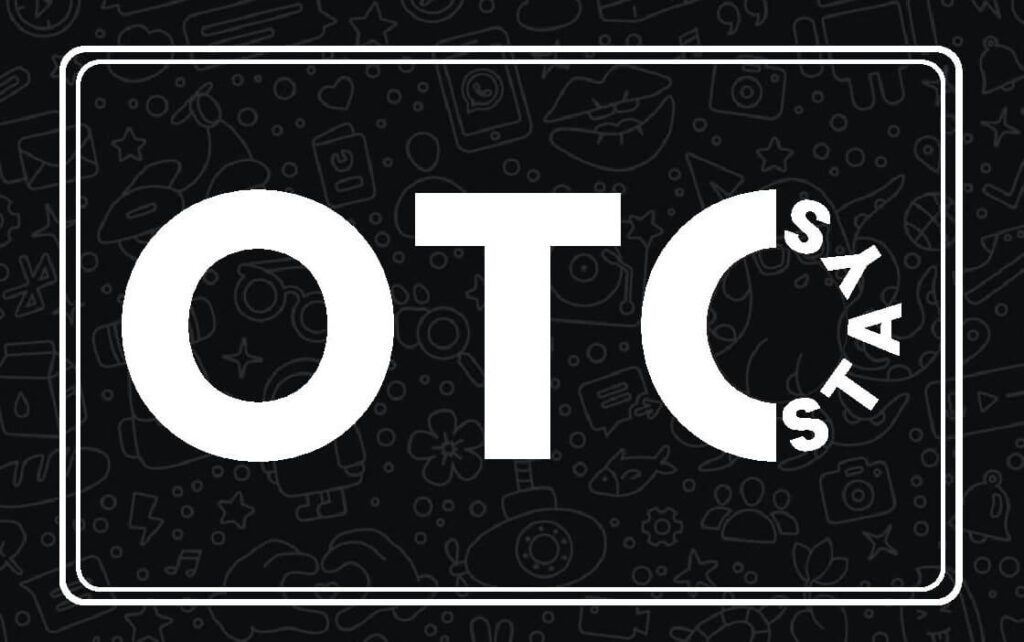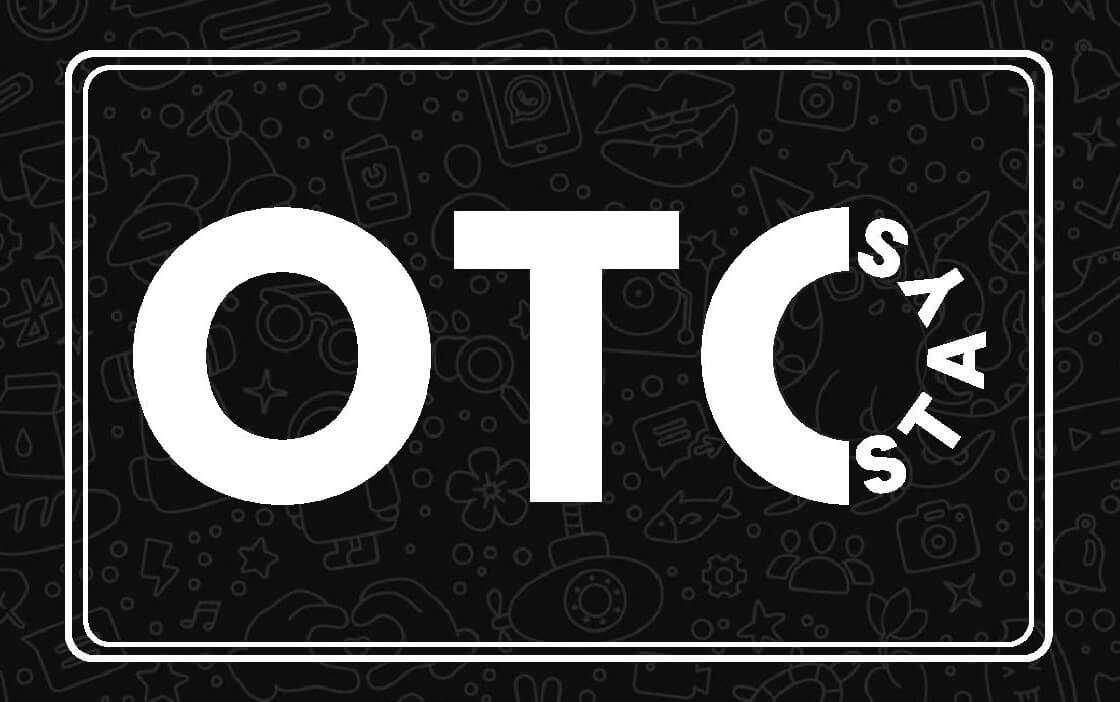
Why You Must Experience Adhd Symptoms Test At Least Once In Your Lifetime
Symptoms of ADHD in Adults in the UK
If you reside located in the UK and are experiencing difficulties with your ADHD symptoms, you should think about seeking treatment. There are a variety of options to choose from. Some of the treatment options are behavioural treatments, which require changing your behavior in order to reduce the symptoms of ADHD. Others include medication and cognitive therapy.
Inattention
Inattention is a symptom of attention-deficit/hyperactivity disorder (ADHD). It is a problem that affects both adults and children. It is the most frequent kind of ADHD.
People with inattention ADHD struggle with time perception, memory and concentration. This can make it difficult to complete schoolwork, work, or even to maintain relationships with friends. Others may have difficulty articulating their emotions.
Signs of inattention include frequent and consistent forgetfulness. In the event of repeated forgetfulness, it can lead to the inability to attend important events, like adult appointments or work obligations.
Inattention ADHD children may have trouble with their daily chores and listening to their teacher. They may lose important items such as textbooks or school supplies.
Adults with ADHD may be able to enhance self-regulation. It is helpful to establish a routine and set time limits for tasks. Additionally, exercise can improve mood. Stress can be reduced through a varied diet.
Adults with ADHD might also experience difficulties paying bills on time. Having to remember to pay bills, keep track of the budget, and keep up with the paperwork could be a huge challenge.
The main symptoms of inattention are frequent forgetfulness, difficulty maintaining focus, and a tendency to be distracted. Inattentive ADHD sufferers often lose their belongings, struggle with accomplishing their tasks, or are prone to fumbling with their feet or hands.
It is recommended to speak with your physician If you suspect ADHD in yourself or someone you are in love with. Some symptoms can be alleviated or eliminated through treatment. The doctor will conduct an exam to diagnose untreated adhd in adults symptoms and rule out other causes. The most commonly used treatments for ADHD involve medication, psychotherapy or the combination of both.
Hyperactivity
ADHD is characterized by persistent symptoms such as hyperactivity and inattention. These can affect the person’s school, social and work routines. However, there are other mental health disorders that produce similar symptoms.
A medical history is usually used to diagnose you. Your primary care physician may recommend you to psychiatrist. They will assess your mood and symptoms, your medical history and any other concerns you might have.
A thorough assessment is necessary to make the right diagnosis. If you suspect you be suffering from ADHD consult your health care provider. In many instances, ADHD can be controlled through lifestyle modifications.
A ADHD diagnosis is the first step in the treatment process. Your health care provider may prescribe medications or recommend you seek out the assistance of a mental health professional. Treatment options include speech and occupational therapy, and parent and family management training. Medications are often the first line of treatment. Non-stimulant medications can also be a viable option.
Symptoms of ADHD are often associated with other mental health issues, such as anxiety, depression or drug abuse. For some people who suffer from these conditions, they could be a result of ADHD. The majority of the time, ADHD symptoms are less apparent in adults. It doesn’t matter how old you are or what gender, it’s important that you are aware of any symptoms and signs you might be experiencing.
There are several treatments for ADHD however, you must to choose which one is the best for you. ADHD is treated through stimulant medications and nonstimulant medicines or an amalgamation of both. Depending on the severity of your condition, you can benefit from group therapy, or other forms of counseling.
The National Institute of Mental Health runs a number of clinical trials. You can find out more about these trials on their website.
Impulsivity
Impulsivity is a symptom of ADHD. Adults suffering from ADHD are often impatient and get into the way of their lives and careers. They may miss important tasks, lose personal items or fail in projects they’ve started. They may also be impatient and not catch up on social signals.
Impulsivity is one of three major diagnostic symptom domains in attention-deficit/hyperactivity disorder (ADHD). These symptoms could also be caused by anxiety, substance abuse , and chronic stress.
The official ADHD symptoms list doesn’t contain all the problems people with ADHD face. This is a problem because it’s common symptoms of adhd in females for people suffering from ADHD to overlook the impulsive behaviors and not hinder their ability to finish a task.
One of the most interesting aspects of ADHD is its multifaceted presentation. There are three main types of presentation: inattentive, hyperactive-impulsive, and a combination of the two.
ADHD is a term used to describe typical symptoms, like the ability to control impulses. It affects children as well as adults. While it is sometimes apprehensible however, it can be frustrating. It can interrupt conversations or interfere with games. Driving can be affected by the impulsiveness. A plan can help you harness your passions.
If you’re a parent of a child diagnosed with ADHD You’re probably aware how difficult it is to deal with the issue. Fortunately, you’re not on your own. You can find help, information, and advice online. Many websites offer videos on ADHD.
Impulsivity is among the most challenging aspects of ADHD, and it can be a source of many problems. It can have a negative impact on your personal relationships depending on how impulsive and aggressive you are. In addition, impulsive behavior can pose risks and cause problems for general safety.
Emotional dysregulation
Emotional dysregulation is one of the most challenging symptoms to treat. It can make everyday life difficult. Around 1 in 3 ADHD-afflicted people, both adults and children, are affected.
Dysregulation in the way that we handle emotions can lead to mood swings, anger-driven outbursts, and meltdowns. It can also lead to feelings of anxiety and doubt about emotions. This could lead to an improvement in your level of living if it is it is combined with other behavioral problems.
In some cases, symptoms ED is a symptom of other mental health problems like anxiety or depression. Studies have also demonstrated that ADHD patients may benefit from playing a musical instrument to help improve their emotional control.
ADHD can make it difficult to manage your emotions. The act of taking a break from stressful situations and a drink of water can help relax. Another method to help you relax is to play your favourite songs. Although you may not be able of changing your mood throughout the day, a tune can help you clear your thoughts off of your feelings.
The regulation of emotions involves unconscious and conscious processes that regulate the intensity and dynamics of emotions. These processes include latency, intensity, and offset responses. The amygdala gets hyperactive when there is emotional dysregulation. This can cause anger and impulsive behavior. This disrupts the pre-frontal cortex, which is the part of the brain that is responsible for regulation of emotion.
Recent studies have revealed the neurobiological processes that support the regulation of emotions. They suggest that the adaptive processes involved in emotion regulation could be a key element in the development of ADHD.
Studies have demonstrated that emotional dysregulation can predict the persistence of ADHD symptoms after four weeks of medication. Masi and colleagues found that emotional dysregulation predicted greater severity of symptoms at the time of follow-up.
There are many treatment options
There are few treatment options for ADHD in the UK for adults. This is largely due to a lack of awareness of the condition in primary care. In addition, there are significant constraints in the delivery of services. Numerous studies have revealed that delays in implementing effective treatments can increase public costs and decrease the efficiency of the economy.
The National Institute for Health and Care Excellence (NICE) published guidelines in 2008 to guide the treatment and diagnosis of adults with ADHD. The guidelines recommend that patients undergo a formal diagnostic assessment by trained professionals. Joint management is suggested. A referral to a general mental health facility is recommended for more complex cases.
NICE has also recommended that training for primary care doctors be improved. This is especially important in ADHD where there is a significant amount of co-morbidity. This could be a problem. This can make it difficult for patients to access diagnostic tests.
In the end, long waiting times are becoming a major issue when it comes to treating adults suffering from ADHD. Reports in the national press and local media have revealed the length of time required to receive an assessment. This is especially true for undiagnosed patients who have limited resources.
A discussion group was convened at the Royal College of Physicians in London to discuss the current role of primary care in the management of adults suffering from ADHD. Experts from many healthcare sectors participated in the discussion group. Participants included psychiatrists, psychologists as well as other specialists in ADHD.
 The discussion was focused on the goal of identifying new opportunities for innovation. Participants were asked to share their views during the discussion. The topic of professional work style was also discussed.
The discussion was focused on the goal of identifying new opportunities for innovation. Participants were asked to share their views during the discussion. The topic of professional work style was also discussed.
